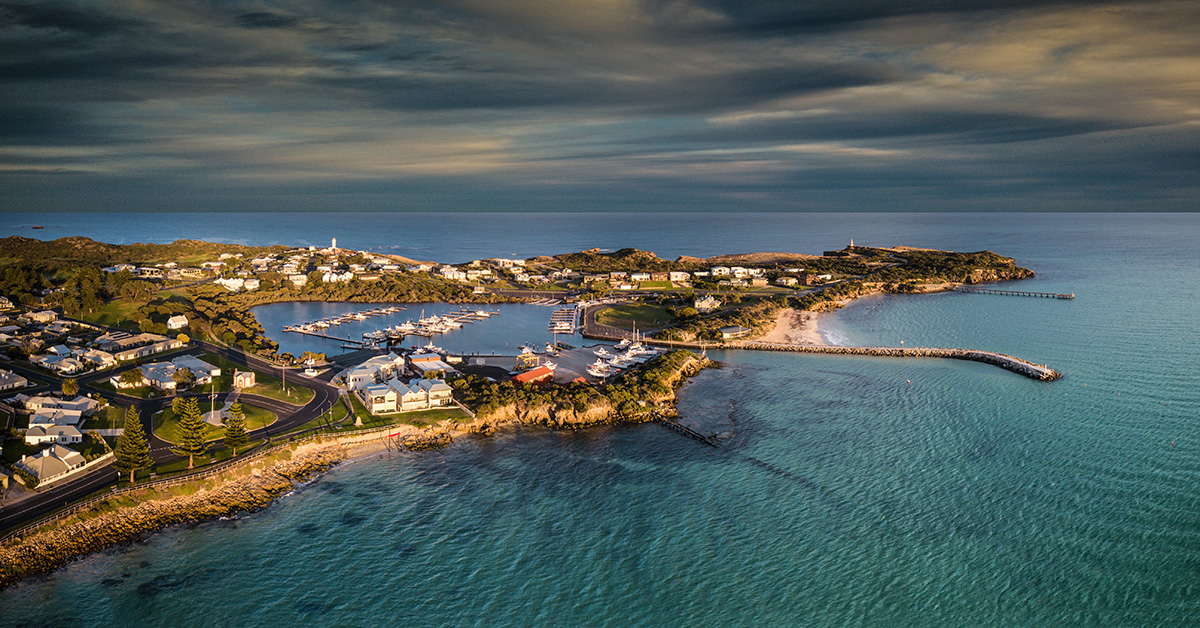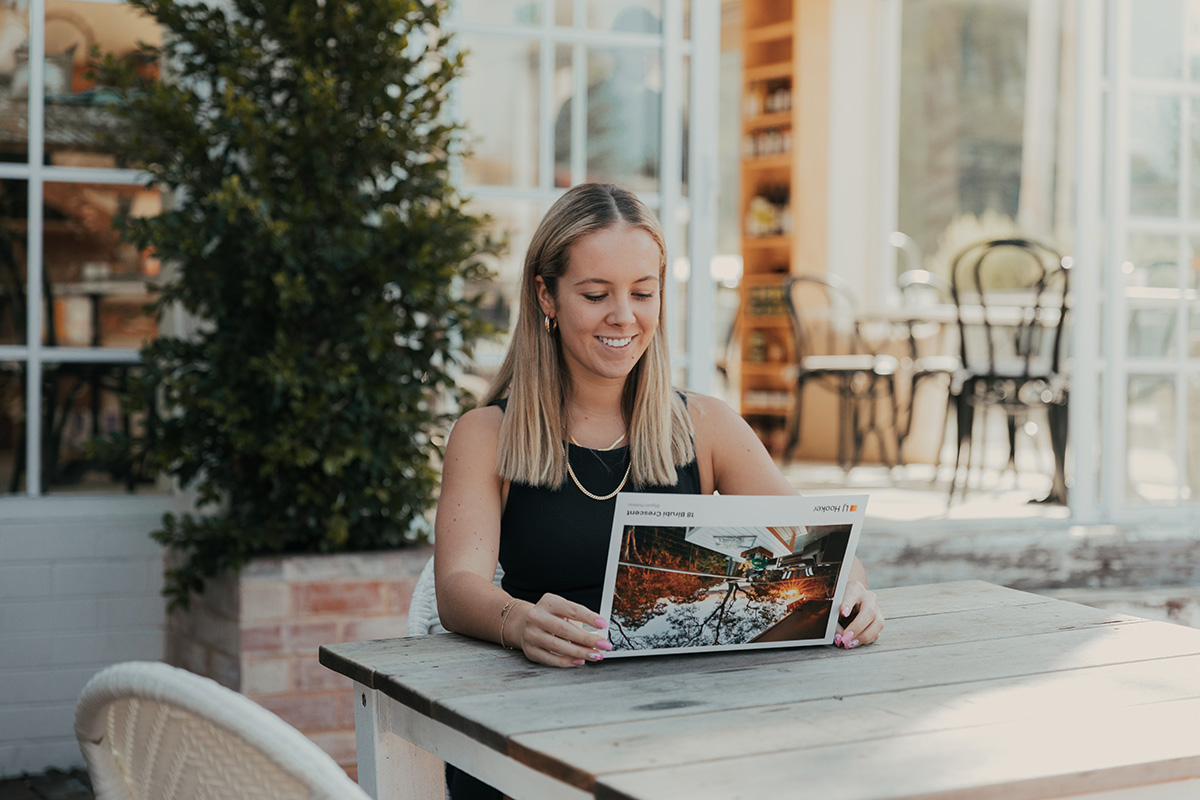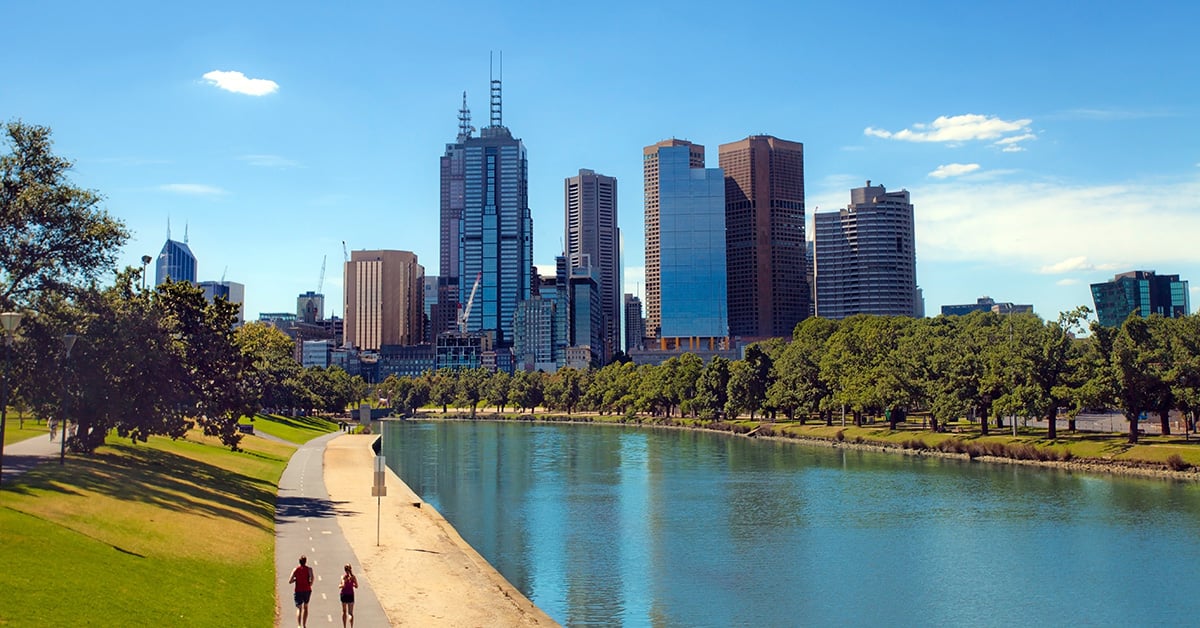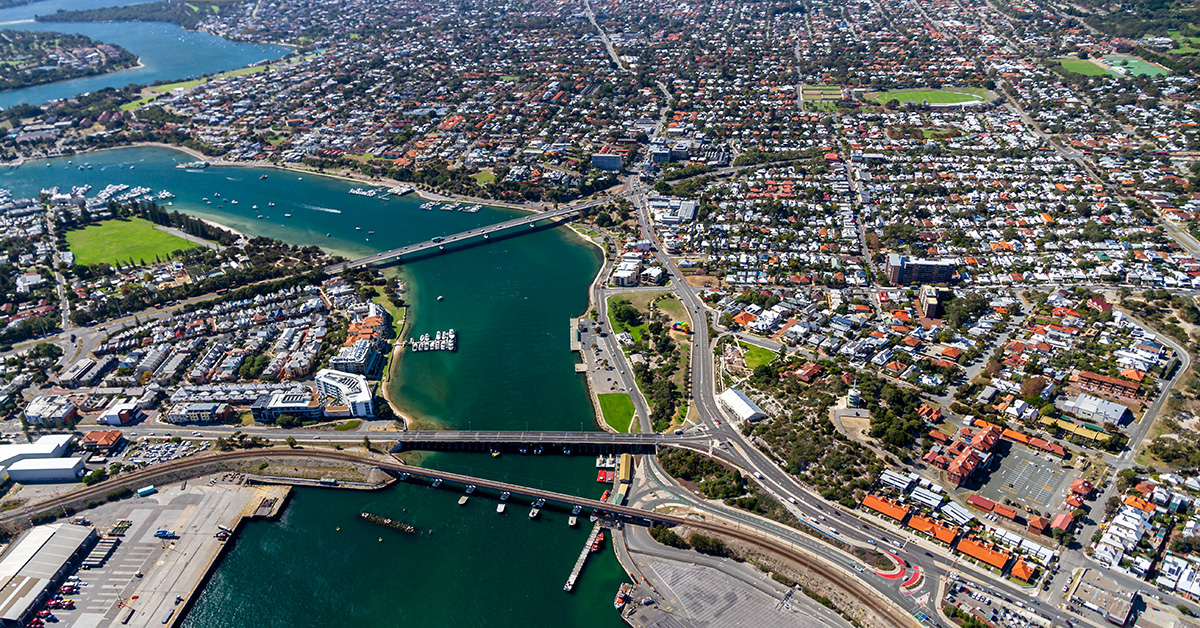First Home Buyers Guide for South Australia
Step by step guide for buying in South Australia
Are you ready for your first step on the property journey in South Australia? Real estate might be big business, but we're here to make small work of it. Here is a condensed set of resources and tips to get you on the way to buying your first home in SA!
Ways to buy your first home in South Australia
Tender
To buy a property via tender, you'll need to make an offer, along with a deposit of up to 10 per cent of that figure. The vendor will then decide whether the offer is suitable.
Auction
At an auction, you'll have to meet a reserve price - you cannot offer any lower than this. If the bid goes higher than the reserve, the highest bid wins the auction. Once the auction has concluded, the winning bidder must sign the contract on the day.
Private Treaty
A common way to buy, private treaty sees the vendor choose an appropriate price. The real estate agent will then arrange a sale, attempting to get a price as close to the figure as possible.
What about finance?
The first thing that you need to work out is how much you can borrow. If you can figure out how much deposit you can pull together - 20 per cent is usual - you're off to a good start. It's possible to get a loan with a smaller deposit, but you then run the risk of restrictive conditions being placed on your mortgage, so try and save as much as you can.
A smaller deposit, for example, could mean that have to pay lenders' mortgage insurance, which can be highly expensive. Be sure to have a read of the MoneySmart website for more information, or get in touch with the team at LJ Hooker Home Loans - we'll point you in the right direction!
The South Australia First Home Owner Grant
Just like every other state and territory, South Australia has its own set of benefits for people buying their first home. Whether it's in central Adelaide or some rural real estate up near Moomba, you might be eligible for the SA First Home Owners Grant (FHOG).
This applies when you buy your first home in SA, as long as it's worth no more than $575,000. The grant itself can be worth as much as $15,000, under certain conditions. For example, you have to live in the home for at least six of the first 12 months of ownership (consecutive months). More information on this is available at RevenueSA, including the amounts available for varying types of construction.
The organisations that process your application for the FHOG must be approved as well - take a look at the list of such bodies on this Revenue SA. Depending on when you buy, you may even be eligible for an off-the-plan concession!
The hidden costs of buying your first home in South Australia
As Revenue SA points out, there are three main costs you incur when buying a first home:
- Stamp duty. This is a tax imposed by the South Australian government, and is based on the value of your property. For example, a house exceeding $250,000 but not $300,000 will pay $8,995 plus $4.75 for every $100 over $250,000. Rates were reduced by one-third as of July 2016, and will be reduced by another third in July 2016. From July 2017, stamp duty will be completely abolished in South Australia. Even so, be sure to use the South Australia stamp duty calculator to figure out what you’ll owe.
- Land tax is taken into account at midnight, June 30 each year - ownership, site value and usage are all taken into consideration as to how much you’ll pay. This tax applies to houses worth over $332,000. A house worth around this figure would incur 50 cents for every $100 over $332,000, rising in line with the value of a home. For example, a house worth between $609,000 and $886,000 pays a rate of $1,385, then $1.65 for every $100 over $609,000.
- Emergency services levy.
- Legal fees can fall anywhere between $500 and $3,000, depending on the complexity of contracts.
- Applying for a loan can incur a fee up to $1,000, but this is seldom imposed. Often, the lender will waive the fee.
- Having a home independently valued will cost you back around $300-$500.
- If you borrow more than 80 per cent of your new home's asking price, lenders mortgage insurance could be charged. This one-off payment can amount to $10,000.
- A house inspection will cost around $300-$400. A strata report will cost you something like $200.
You may have to pay some of these upon the settlement of a transaction, which a conveyancer can help you with.
On top of this, there will be fees for the use of a conveyancer, any solicitor you engage to help with paperwork, as well as real estate agents. These will likely all be necessary to help you navigate the first home buying process in SA.
Choosing your first South Australian home
Property reports and research
When you're new to the SA property market, you may have absolutely no idea where to start your search. You can also use your handy friend Google, or simply come and talk to your local LJ Hooker representative. Property portals and newspapers, such as The Advertiser, often update their listings.
From there, you'll want to conduct extensive market research, perhaps with the help of a professional who has been through the process before. Have you saved enough for a deposit, do you need to do specific mortgage calculations, and what kind of SA first home benefits might you qualify for?
Doing your homework on the property market in South Australia will also gives you an understanding of where you can buy, and how much it’ll cost.
- Australian Property Monitors and CoreLogic RP Data are superb online source of property data and other information.
- Websites like domain.com.au, realestate.com.au and our very own ljhooker.com.au will show you what is on the market.
Once you’ve carried out your research, you can settle on what kind of property to buy, an existing home, city centre apartment, or new build. It’s up to you!
Where to look for a first home in South Australia
When looking for a home in South Australia, it’s well worth contacting your local LJ Hooker real estate agent. We know the local market well, and want to help you find your dream home.
Local and state newspapers are often great for finding more information. The cheaper suburbs are usually on the outskirts of the city, but the advice and experience of a professional from LJ hooker can often assist you in finding a place you had not thought to look.
What to know when looking for a home in South Australia?
Are house inspections important?
They are indeed, and this is because they'll tell you a whole lot more about the house than you first realised. Additionally, the results of a house inspection will put you in a better place to bargain when it comes to price negotiation.
If you choose not to inspect the property first, you could be lumped with a house that needs extensive repairs before it's of a liveable standard. Therefore, it makes sense to have your home evaluated by an accredited inspector.
Documents issued to the buyer
When buying for the first time, you must be given certain information about the property you are looking at. This is a legal requirement that all vendors, sales representatives, agents and auctioneers are obliged to comply with.When buying a property, you must be given a copy of:
- The buyer’s information notice, and
- The vendor’s statement.
If you’re buying a residential property at auction, you must also be given a copy of:
- The bidder’s guide, and
- The collusive practices statement.
Typically, an agent is not able to act as a representative for both the buyer and the seller. Only in certain circumstances is this allowed, but the agent will have to give you a copy of the warning notice for purchasers for you to sign.
Contract of sale
There is little more important documentation than the contract of sale when buying your first house in South Australia. It includes basic, yet essential details about the purchase, including:
- Contact details of the seller, buyer and selected others involved in the sale,
- How and when the deposit will be paid, and where it will be kept,
- The date of the final settlement, and when ownership will be transferred,
- The length of the cooling-off period (in South Australia, this is just two business days).
The contract of sale is a fairly complicated document, so why not enlist the aid of a solicitor to help you make sense of it? This will ensure you safely negotiate any confusion which may arise.
Finalising the sale
Private treaty
Once you've found your dream South Australian home, it’s time to make an offer. Be sure that you have taken the time to consider how much you can afford to pay, as well as your tactics - will you go in high or deliver a low-ball offer? Once you’ve put in your offer, the seller will decide whether or not is it enough. Often, the price will be negotiated until an agreement is met.
The contracts of sale will be signed and exchanged, and you'll pay the deposit. Lastly, the settlement process will begin - this is when the two-day cooling off period is triggered. You should use this time to go over the contract of sale once again.
Contract exchange and settling the sale
As soon as the contracts are exchanged, the settlement process begins. During this period, things are finalised - paperwork will be checked, finance re-evaluated, and preparations for the move itself begun. It's worth pointing out that you are not allowed to move in until after your settlement date, which is usually between 30 and 90 days after the period begins.
Auction
When you buy a home at a South Australian auction, you'll lose your right to a cooling off period. Certain other conditions are also forfeited, such as the house undergoing an inspection. Should you win the auction, you'll have to pay your deposit on the day, so it's vital that you have it ready once the bidding war is over. This is usually around 10 per cent of the final price.
You can choose to have an LJ Hooker buyer's agent do the bidding for you at auction. Why? Well, not only will it save you time, but you won't have to endure the stress of what can be a very combative atmosphere.
Buying your first South Australia home need not be the confusing, tangled mess that you imagine it to be. Get in touch with the experts at LJ Hooker, and we'll take care of the hard work so you don't have to!
DISCLAIMER - The information provided is for guidance and informational purposes only and does not replace independent business, legal and financial advice which we strongly recommend. Whilst the information is considered true and correct at the date of publication, changes in circumstances after the time of publication may impact the accuracy of the information provided. LJ Hooker will not accept responsibility or liability for any reliance on the blog information, including but not limited to, the accuracy, currency or completeness of any information or links.




